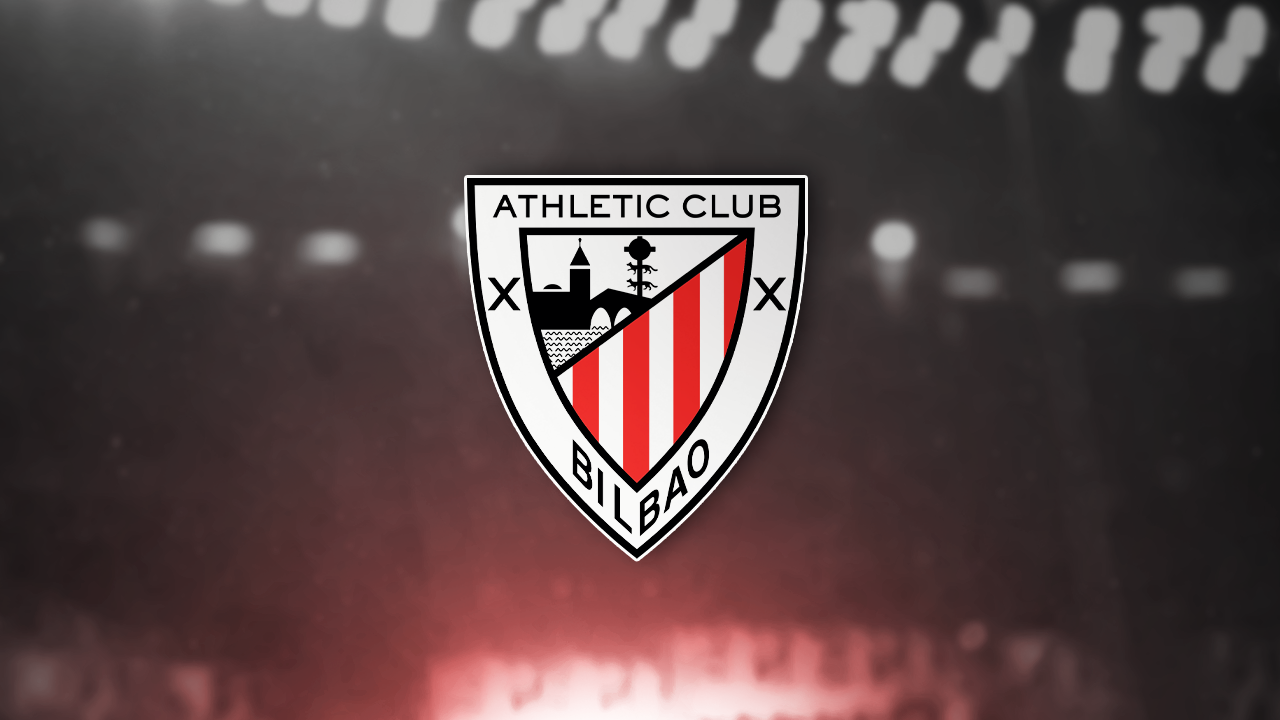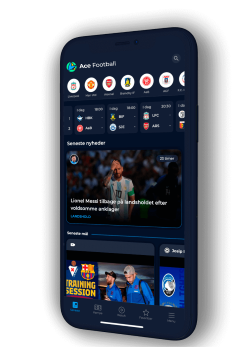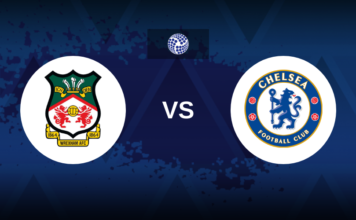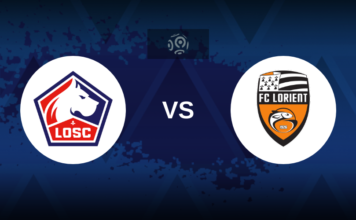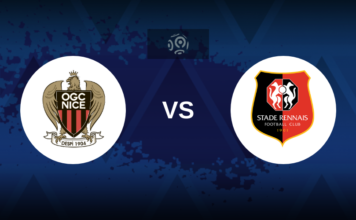Athletic Club, based in Bilbao, Spain, stands as the country’s third most successful club, trailing only behind Real Madrid and Barcelona.
This achievement is particularly impressive given their unique transfer policy. Since 1911, Athletic Club has embraced a Basque-only transfer rule, a policy that has become a hallmark of the club’s identity and success. Despite facing criticism for its lack of diversity, this policy has been crucial in fostering young talent and perpetuating Basque culture and identity. The Basque Country, an autonomous community divided between Spain and France with a population of approximately 2.2 million, is the only pool from which players eligible to wear the iconic red and white stripes of Athletic are selected. Founded in 1898, Athletic initially accepted players of any nationality, but a dispute in 1911 with fellow Basque club Real Sociedad led them to exclusively incorporate players from the Basque Country.
This distinctive policy has not hindered the club’s success; Athletic has won eight league titles and secured 23 Copa Del Rey trophies. Notably, the club has never faced relegation, though its last significant victories, a league and cup double, date back to 1984. The Basque-only policy has allowed Athletic to concentrate on developing local talent, a rare sight in top leagues dominated by expensive foreign acquisitions. However, the policy has been subject to criticism due to the squad’s lack of diversity, reflecting the predominantly white demographic of the Basque region. Proposals have been made to relax the policy, suggesting eligibility be extended to children and grandchildren of Basque descent, akin to practices in international football. Nonetheless, these have not been ratified.
The decision to hire managers from abroad, such as Marcelo Bielsa, who led the team to the 2012 Europa League final, has sparked accusations of hypocrisy. Yet, the Basque community’s strong sense of identity and nationhood, coupled with their own language, sees the policy as reinforcing a unified nation despite their geographical split. Notable players, including Aymeric Laporte, Fernando Llorente, and Iñaki Williams, have flourished under this policy. Iñaki Williams, in particular, stands out not just for his on-field contributions but also for breaking barriers as one of the few black players in the club’s history, with a La Liga record of 251 consecutive games. His brother, Nico Williams’, emergence further highlights the potential of local talent developed through the club’s approach.
While debates over diversity persist, Athletic Club’s Basque-only rule remains a potent symbol of the club’s steadfast dedication to its roots and the distinctive Basque identity. The club continues to navigate the challenging terrain between maintaining tradition and fostering inclusivity amidst discussions of potential policy revisions.
